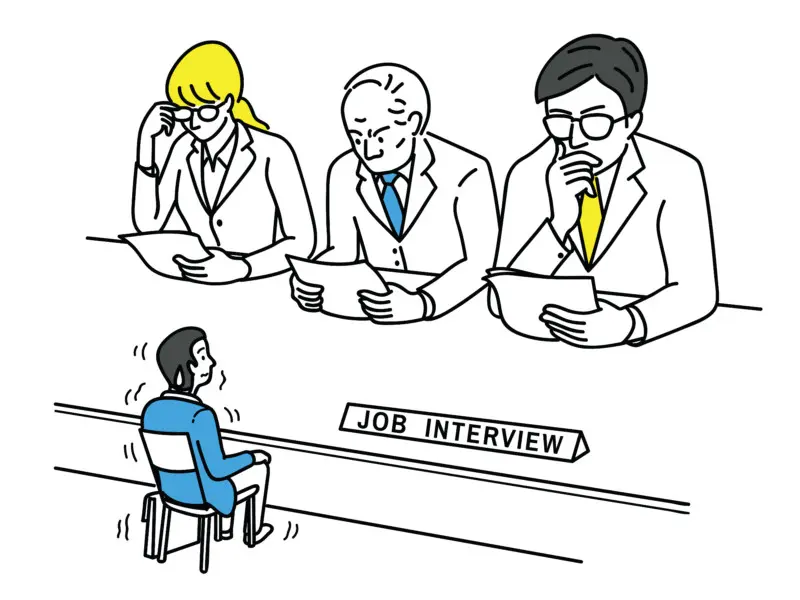From Experience to Liability: The Harsh Reality of Job Hunting as an Older Worker
As a programmer with a few years of experience under my belt, I’ve found myself struggling to find work despite having gone on dozens of interviews.
I can’t help but feel like my age has become a significant factor in my inability to land a job. I don’t consider myself old by any means, but with each passing year, I know that my chances of securing employment in the tech industry seem to be dwindling.
During my job search, I’ve come across job postings that I’m excited about, but as soon as I see the salary requirements, I know that I’m not going to be a competitive candidate. It’s not that I have unrealistic expectations of what I should be paid for my skills and experience, but I do think that there’s a certain level of compensation that I should be receiving if I’m going to be working full-time.
The worst part about all of this is that I’ve been on so many interviews that I know I’m a skilled programmer. I’m confident in my abilities, I’ve worked on significant projects, and I’m continuously learning and growing. But for some reason, my age and salary requirements seem to be holding me back.
I’ve started to feel like companies are only interested in hiring fresh-faced college graduates that they can groom and shape rather than hiring someone with experience who might shake things up. I understand that every organization is different, but it’s challenging not to feel discouraged when I have dozens of interviews under my belt without any offers.
At this point, I’m not sure what to do. I need to find work, but I don’t want to settle for a job that doesn’t compensate me fairly or utilize my skills and experience. It’s as if I’m trapped in this vicious cycle of being too old and too experienced for some jobs but not qualified enough or too expensive for others.
I believe that age and salary requirements should not be the sole determinants of an individual’s worth or qualifications. The tech industry needs to start valuing the skills and experience of seasoned professionals and offer them fair compensation. I’m not giving up on my job search, but it’s frustrating to see companies overlooking experienced, skilled professionals like myself because of outdated or misplaced beliefs about age and salary.

